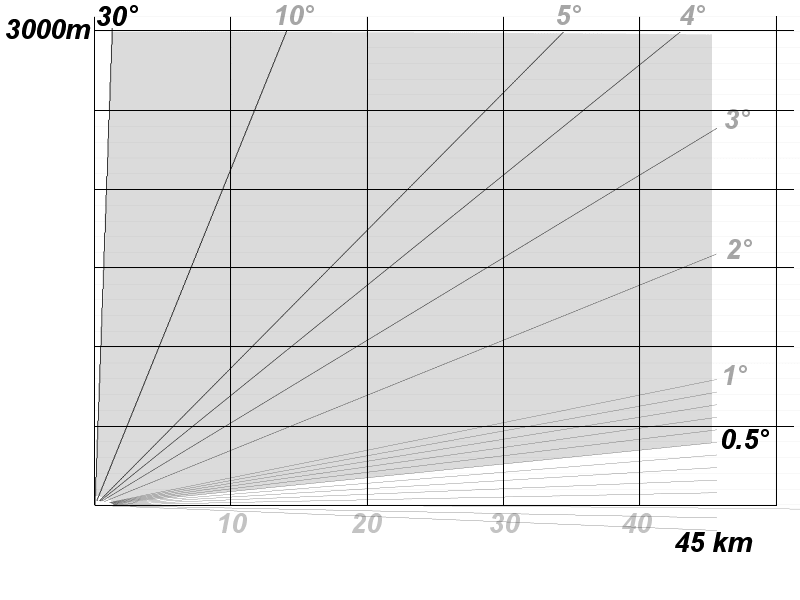Requirements for a Terminal Area Radar

Terminal Area Radar
Figure 1: ICAO recommendations for the coverage of a terminal area radar

Terminal Area Radar
Figure 1: ICAO recommendations for the coverage of a terminal area radar
Requirements for a Terminal Area Radar
In a cooperative procedure, such as the secondary radar, all technical data must correspond to a given standard. The requirements of the ICAO, to a non-cooperative procedure, such as the primary radar, are only recommendatory. These recommendations are then specified by the national authorities, oriented towards the manufacturer's specifications often, and are stronger than the recommendations of the ICAO. Unfortunately, the requirements of the ICAO of a Terminal Area Radar (or Airfield Surveillance Radar) are not formulated in a published and coherent document but they were published in various documents.
An important requirement is, however, the redundancy, which means that all major components have to be replaced immediately in the event of a technical failure. In addition to their internal redundancy, two of these radar sets are used at large airports, therefore.
| Parameter | Recommendation | Source (Document) |
|---|---|---|
| probability of detection | 90% | (1.) Page 50 |
| data renewal time | 5 seconds | (1.) Page 34 |
| Radar Coverage for an aircraft with an RCS of 15 m2 | ||
| maximum range (in height of 10.000 feet) | 25 NM (46,3 km) | (2) Att. C-48 |
| maximum height | 3000 m | (2) Att. C-48 |
| maximum elevation | 30 degrees | (2) Att. C-48 |
| minimum elevation | 0.5 degrees | (2) Att. C-48 |
| range resolution | 2fold of the nominal (compressed) pulse duration | (1.) Page 28 |
| azimuthal resolution | 3fold of the (–3 dB) beamwidth of the main beam | (1.) Page 28 |
Table 1: Recommended technical data of terminal area radar
Documents:
- EUROCONTROL, Radar Surveillance in En-Route Airspace and MAJOR TERMINAL AREAS (SUR.ET1.ST01.1000-STD-01-01)
- ICAO, Annex 10 Aeronautical Telecommunications, Volume 1 Chapter 3.2 Specifications for precision approach radar systems
